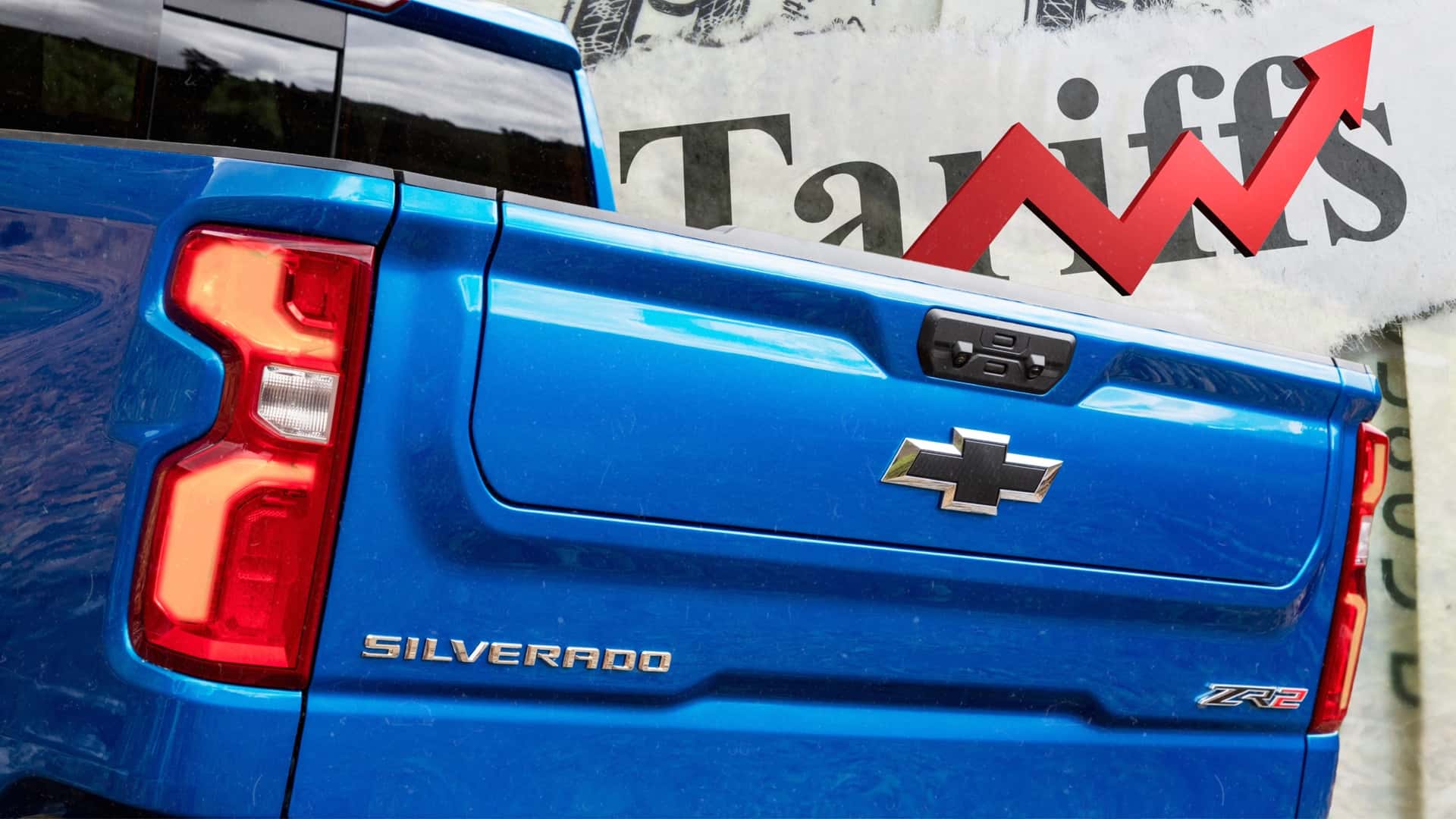
Trump has postponed levies on incoming vehicles two times since taking office.
The planned tariffs on the auto industry proposed by US President Donald Trump may not be implemented on April 2nd as initially scheduled. According to recent reports, his administration might adopt a more focused strategy for enacting his economic plan. This would involve retaliatory tariffs aimed at particular nations rather than broad-based duties targeting entire sectors like autos.
Trump first proposed a 25-percent tariff on auto imports from Canada and Mexico hours after his inauguration. He delayed them in early February for 30 days. The tariff came into force on March 4th , but Trump paused them again one day later, setting April 2 as the new deadline while announcing a 25-percent tariff on all auto imports to take effect the same day.
However, The Wall Street Journal reports that the administration might not announce tariffs that target specific industrial sectors on April 2, as previously proposed. According to the report, the fate of the tariffs on Canadian and Mexican auto imports remains uncertain. They might be delayed, tempered, or abandoned altogether in favor of reciprocal tariffs that could still include some goods from the US’s closest trading partners.
The threat of tariffs has created uncertainty in the automotive industry. Automakers are considering a range of options to mitigate the potential new tax that could raise prices and hurt workers. Audi is considering passing some of the costs onto consumers while Hyundai isn't as worried about the potential fallout .
What Trump will likely announce on April 2 are reciprocal tariffs, but the last few months are proof that the administration is willing to change its mind at a moment’s notice, and nothing is certain.
Tariff Talk:
- Hyundai's US Investments Mean It's Not Worried About Tariffs
- Dealer Tells Fox Business ‘Nobody Is Gonna Buy’ Trucks Thanks to Tariffs
Source: The Wall Street Journal via Detroit Free Press